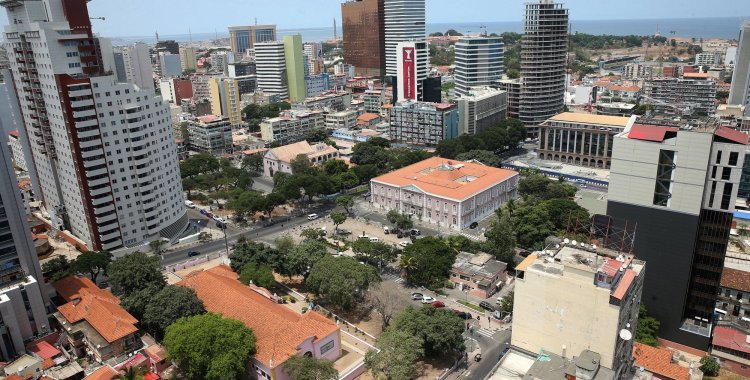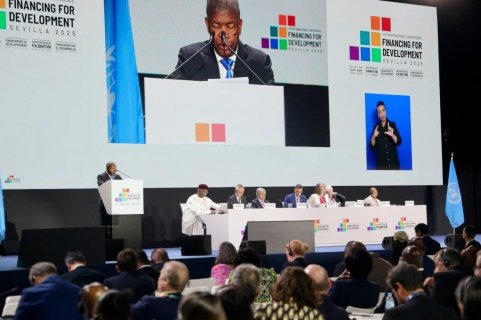"Angola's economy in 2022 is expected to grow for the first time in six years, after having contracted 4 percent in 2020, the fifth consecutive and the most serious in 30 years, and in 2021 we estimate zero growth given the lower oil production, despite rising prices," said economist Helena Afonso, from the United Nations Department for Economic and Social Affairs (UNDESA).
In an interview with the Lusa agency following the release of the report on this year's World Economic Situation and Prospects, on Thursday, Helena Afonso said that "this year Angola is expected to grow 2.4 percent, as a result of higher oil revenues both on the prices, as well as production, and greater macroeconomic stability, which will encourage investment".
However, she stressed, "the economy remains below pre-pandemic production levels through 2023."
The second largest oil producer in sub-Saharan Africa "is facing the biggest outbreak of covid-19 since the beginning of the pandemic, due to the Ómicron variant, and this and other potential waves of infection will continue to limit the recovery of consumption and investment until the country to reach vaccination levels that allow for herd immunity, which is unlikely in 2022, given that despite much progress since September, only 13 percent of the population is fully vaccinated".
Regarding inflation, the UNDESA forecast points to a rise in prices of around 20 percent, which "erodes people's incomes and reduces consumption, but moderates compared to last year's peak due to the lower depreciation of the kwanza, of VAT and a less accommodative monetary policy", said the economist.
After prices ended the year with a 27 percent rise in December, according to the National Statistics Institute, "consumption and purchasing power are also being hit by the high level of unemployment, which is the result of successive years of recession".
Public debt, she added, "has risen a lot in 2020, to 120 percent of GDP, and it is high, but it should moderate taking into account the speed of GDP growth as a function of debt growth."
Still, she stressed, "the risk of a debt crisis cannot be ruled out and faster implementation of reforms is needed to see more and better development in what is one of Africa's largest economies."
UNDESA on Thursday improved its growth estimate for African economies, forecasting a 3.8 percent expansion last year and an acceleration to 4 percent this year.
"Economic activity in Africa continues to recover from the unprecedented events of 2020, but at a fragile pace, with the growth forecast being marked by high uncertainty and exposure to repeated waves of Covid-19 infection, as seen recently with the Ómicron variant", write the UNDESA analysts.
In the report on the World Economic Situation and Prospects for 2022, which improves last year's growth forecast from 3.4 percent to 3.8 percent, UNDESA points out that measures to mitigate the pandemic, such as confinements and bans travel, were the main instruments used by governments, but had a major impact on economic activity.
The African continent "had one of the slowest recoveries in 2021, lagging behind the average growth of developing economies and the world, respectively 6.4 percent and 5.5 percent", says UNDESA, which warns that "for return to the pre-pandemic growth trajectory, Africa would need to grow approximately 6 percent this year and next, i.e. faster than Asia."







